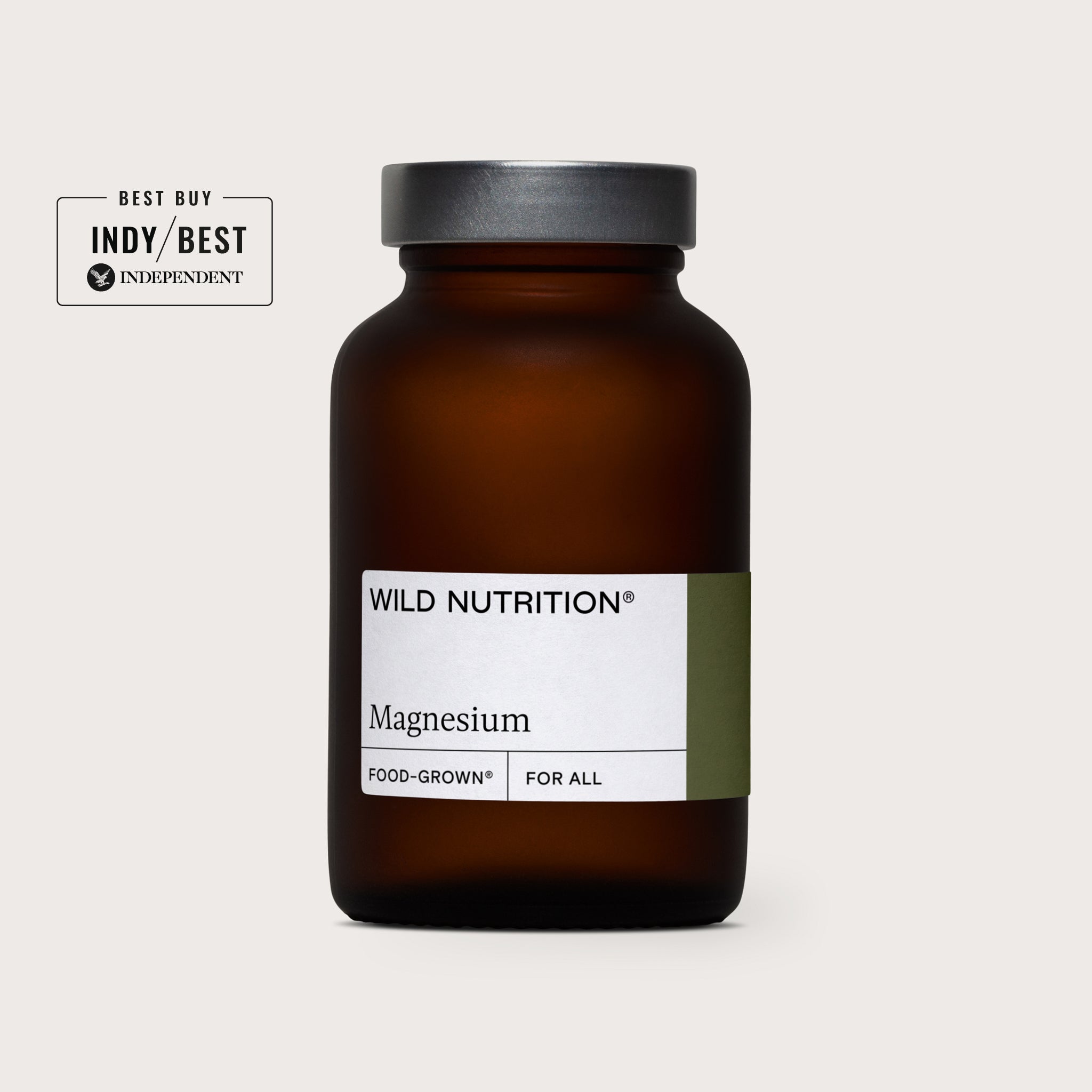
3 Diet and lifestyle habits to support your joints
With around 10 million people experiencing symptoms of arthritis in the UK alone, joint health problems are a common complaint in GP surgeries.
However, this is not the preserve of the elderly as is often thought. In fact, joint degeneration and indeed auto-immune related joint concerns such as rheumatoid arthritis can begin at any age stage.
Looking after our joints through diet and lifestyle at a young age is both a very powerful preventative measure as well as effective support for existing conditions.
1. Lifestyle habits
Reduce stress where possible
Stress can cause an increase in the rate of oxidative damage and preliminary research has shown a connection with stress and auto-immune inflammatory conditions such as psoriatic and rheumatoid arthritis.
Nutrition and exercise
Managing a healthy weight through good nutrition and exercise will help countless areas of our health. However if you are overweight and suffering from osteoarthritis, in particular, weight loss will help to reduce the strain on your joints.
2. Which foods could help?
Bring in the rainbow
Vegetables and fruits are high in vitamin C, which is essential for collagen production and the health of cartilage. Each ‘colour’ within a vegetable provides a different array of natural anti-inflammatory chemicals called “phytochemicals” such as flavonoids.
They are also rich in a variety of antioxidants (such as vitamin C or beta carotene) to quench free radicals that can exacerbate inflammation and damage to the joints.
The deeper root vegetables are also an excellent source of trace minerals needed to support the immune system and bone density (particularly important in cases of osteoarthritis or osteopenia).
I recommend aiming for 5-7 servings (a dessertspoon size) of mixed coloured vegetables per day - think of a rainbow of colour on your plate!
Soups or roasted root vegetables can be an excellent way to achieve this during the colder months.
Colour can be achieved through fruit too. The best fruits to include are usually dark-coloured berries, which are high in antioxidants and low in sugar.
Other fruits can be highly nutritious but also contain significant amounts of natural sugar, so it may be best to stick to a maximum of 2–3 portions a day and avoid those highest in sugar such as bananas, grapes and especially dried fruit.
Enjoy your fats
Another important nutrient is omega-3 fatty acids. This type of fatty acid – especially EPA (eicosapentaenoic acid) found in oily fish – can be converted into substances in the body that help to control inflammation.
To get more omega-3, eat oily fish such as:
- Sardines
- Mackerel
- Trout
- Salmon
two or three times a week, and include omega-3-rich seeds – flaxseeds and chia seeds – and cold-pressed oils of these seeds in your diet.
Raw nuts and other seeds are rich in omega-6 essential fatty acids and also contain some omega 3, and can also be excellent sources of nutrients such as magnesium, zinc and calcium that are important for bone health.
Add spice
Spices such as turmeric, ginger and cayenne can be excellent additions to foods as they can have gentle anti-inflammatory properties.
Studies have shown that the anti-inflammatory benefits of regular turmeric consumption in food to be comparable to over-the-counter non-steroidal anti-inflammatories.
Keep hydrated
Drinking enough water is vital for joint health, as it is for all areas of health.
Water helps to remove toxic metabolic waste and dead cells that are produced in higher quantities where there is inflammation, as well as delivering nutrients to the tissues.
Try herbal teas also: nettle tea is high in minerals to support the bones; green tea may be a good source of antioxidants to combat free radicals; and rosehip tea may have good anti-inflammatory properties.
Ginger tea can also be a good option, especially if made using fresh ginger: slice up an inch-thick piece of fresh ginger and add it to a mug of boiling water – honey and lemon can be added if desired.
3. Supplements
Many supplements may be helpful for joint health. As different things may work for different people, it can be advisable to choose between one and three of the following types of supplements and try them at the recommended dose for at least three months before judging whether they are going to be helpful or switching to something else.
-
Fish oil
Look out for one with a good level of the omega-3 fatty acid EPA (eicosapentaenoic acid) in particular, as this omega-3 is thought to be the most helpful for reducing inflammation.
-
Glucosamine and/or chondroitin
These provide the building blocks for cartilage production and repair.
-
Vitamin C
Has an important role in the maintenance of collagen and cartilage. (Try Food-Grown Vitamin C with Bioflavonoids).
-
Rosehip extracts
These can have anti-inflammatory benefits and have had better results than glucosamine in some studies on osteoarthritis.
-
Collagen
Has shown benefits for joint pain, including both rheumatoid arthritis and osteoarthritis.
-
Magnesium oil topical spray
Magnesium absorbed through the skin may help with pain in the local area.
-
Turmeric
Turmeric is also a good natural anti-inflammatory: when choosing a turmeric supplement, choose one with a high quantity of curcumin which is thought to be the most active constituent.
For more on the benefits that these foods and lifestyle habits can provide see 'Not all fats are created equal', '8 Ways to optimise your energy and beat fatigue' and '5 Health benefits of Ashwagandha'












